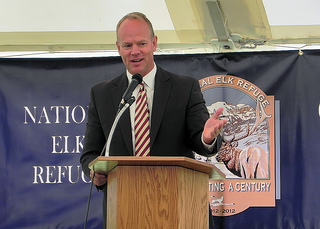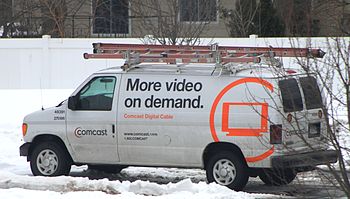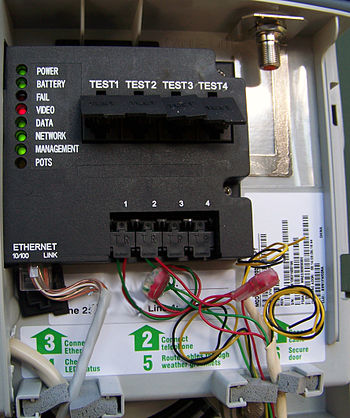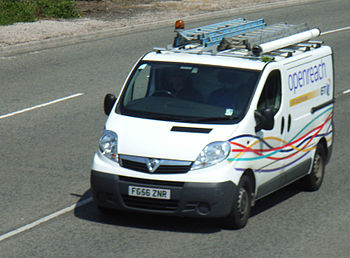Commissioner Wheeler once again showed his support for competition despite the accusations that he is in the pocket of the industry. Much like his proposed net neutrality rules, allowing municipalities to enter the broadband market creates competition against the incumbents, albeit from a governmental entity. This pro-consumer stance that is more than just speeches is refreshing in an industry that is just lumbering along.
Although I do not personally agree with any governmental entity entering the private sector, laws that have been passed also prevent governments from forming public/private partnerships with companies to build broadband infrastructure and networks. The laws as written typically prevent a government from building their own fiber infrastructure and leasing that infrastructure to communications service providers unless they were grandfathered. I believe that this model of “open access” is not only economical and taxpayer neutral, but extremely pro-competition since many different service providers can offer their services without a huge capital expenditure in a last-mile network.
Open access broadband infrastructure is the smarter way for municipalities to go because it reduces the financial risk of running a business in competition with the incumbent providers. The financial results of municipalities running their own communications business are mixed at best. There are several examples in the country (e.g. Vermont, Minnesota, and UTOPIA) where companies have gone bankrupt and left bond holders and taxpayers to clean up the mess. If a municipality only leases the infrastructure then they have potentially several carriers paying for the fiber, and those companies combined will have a larger potential market share than if it was just them selling the services. Also, their expenses are greatly reduced because they don’t have to purchase the content, buy the equipment, and maintain a much larger staff to sell, market, and service customers.
I applaud Commissioner Wheeler’s move because it demonstrates that he is pro-business and not just another political lackey with a social or specific industry agenda.
Author Stephen Hardy
Editorial Director and Associate Publisher

Character for children of FCC”Broadband” (Photo credit: Wikipedia)
In an address to attendees at the National Cable and Telecommunications Association’s (NCTA) The Cable Show in Los Angeles yesterday, Federal Communications Commission (FCC) Chairman Tom Wheeler expressed strong support for the right of municipalities to supply broadband services using their own networks. Wheeler pledged to “preempt” state laws that restrict the construction and operation of such networks.
As high-speed broadband becomes a more important aspect of residential and business life, several communities, particularly in rural areas, have become frustrated while waiting for incumbent service providers to upgrade their services. Some have decided to build their own networks, often using fiber to the home (FTTH) technology, withLafayette, LA, Dalton, GA, and Chattanooga, TN, among the most high-profile examples.
Continue reading










